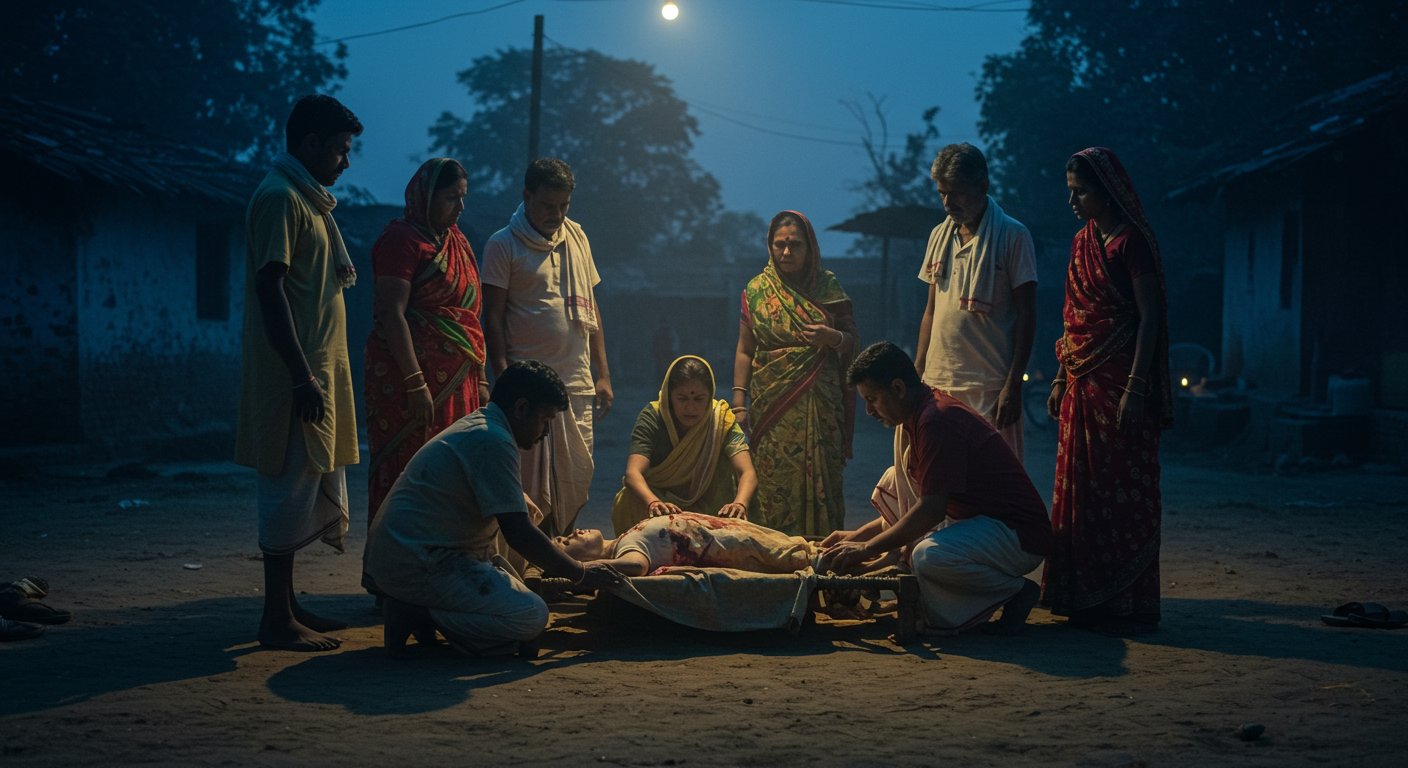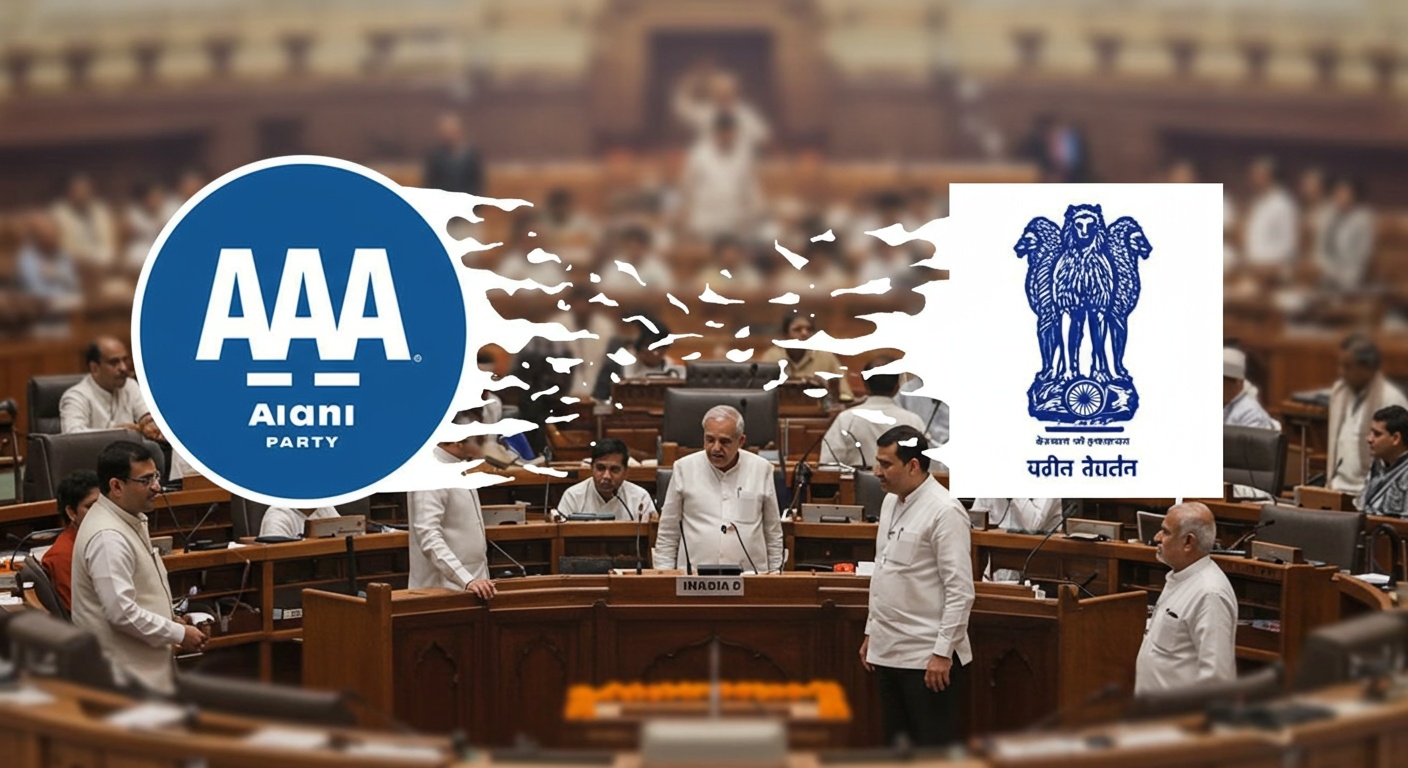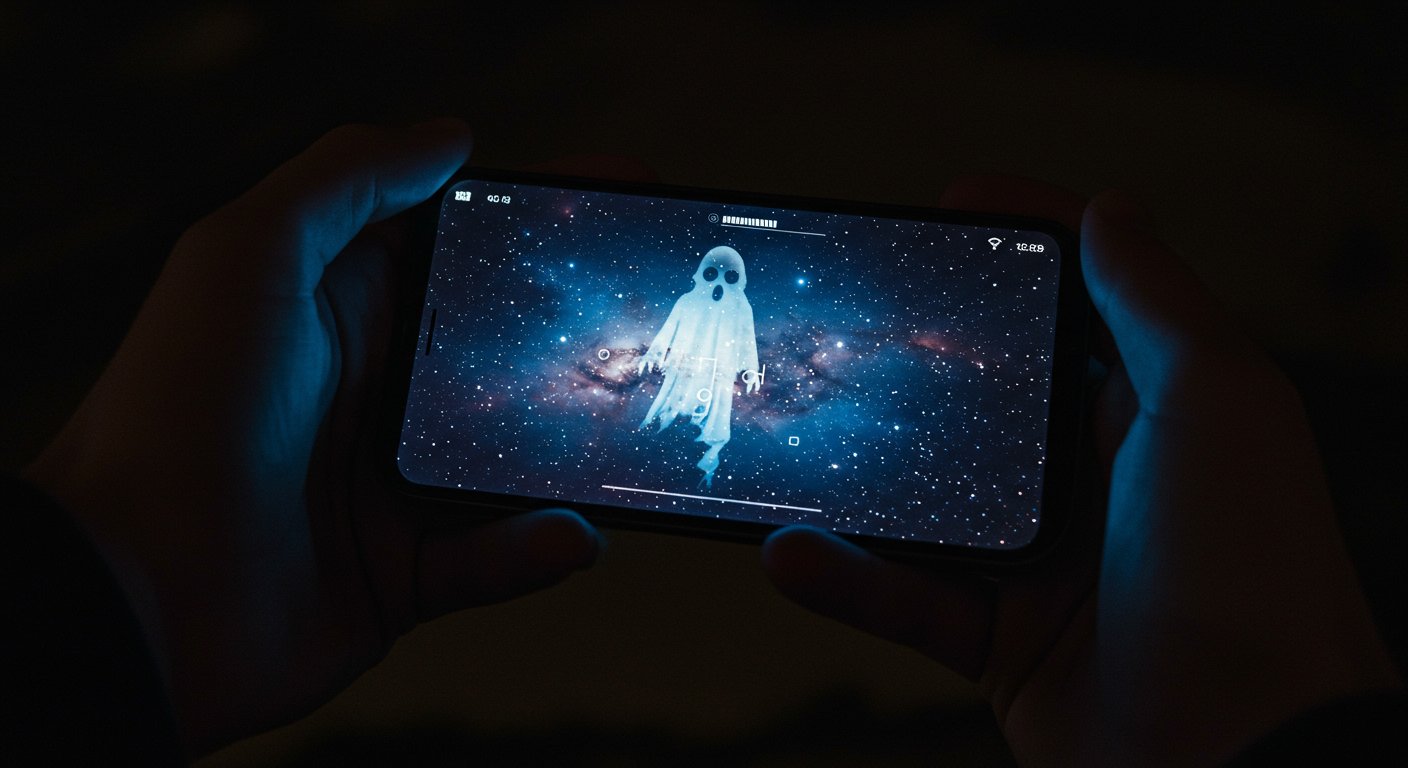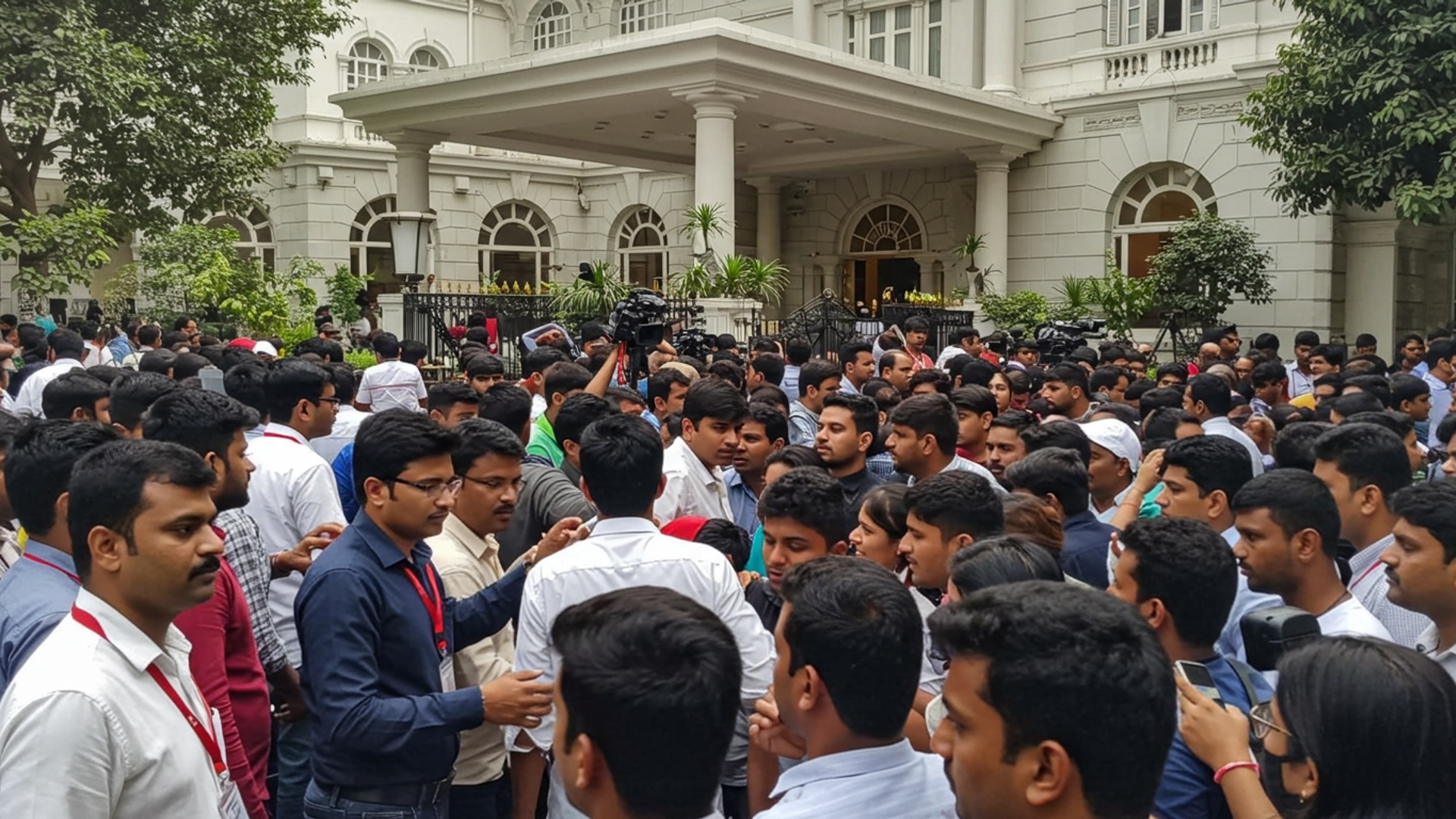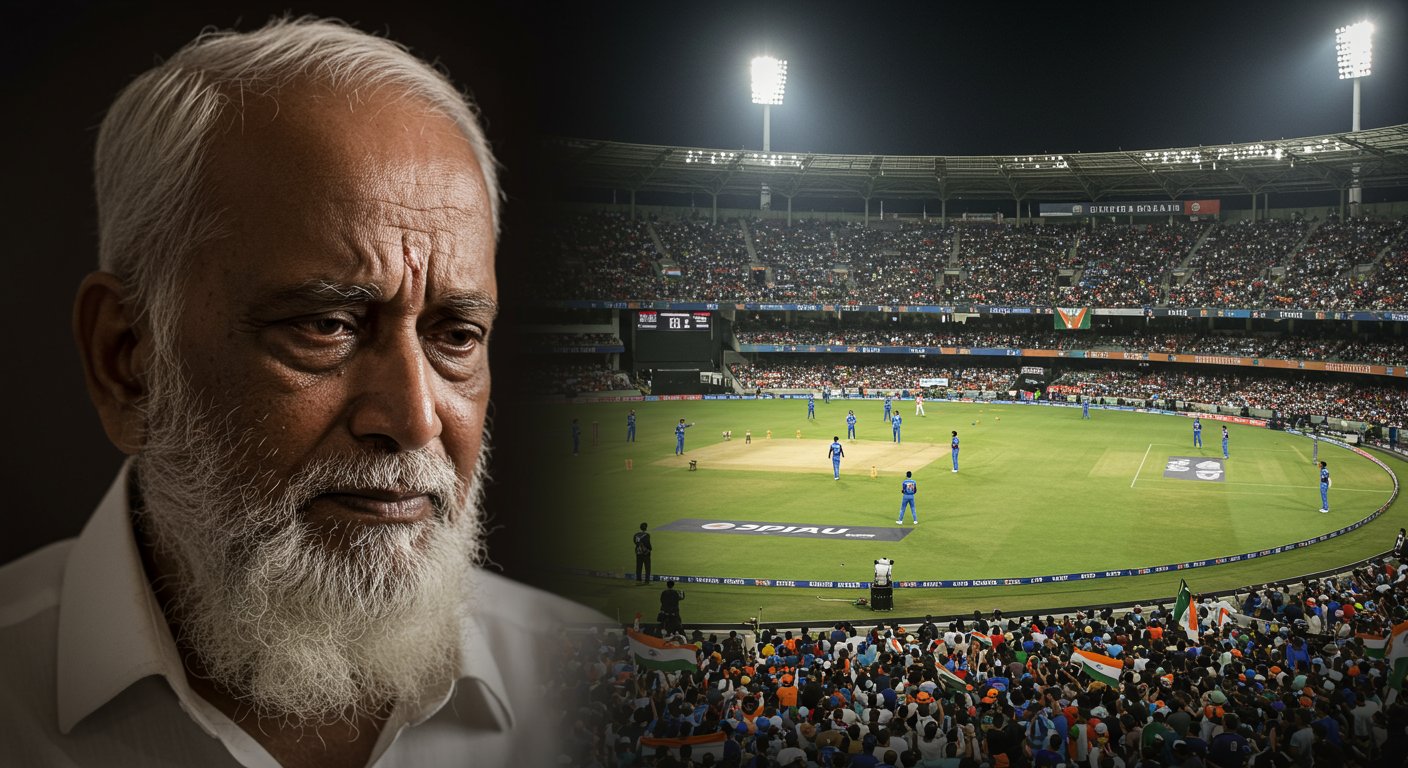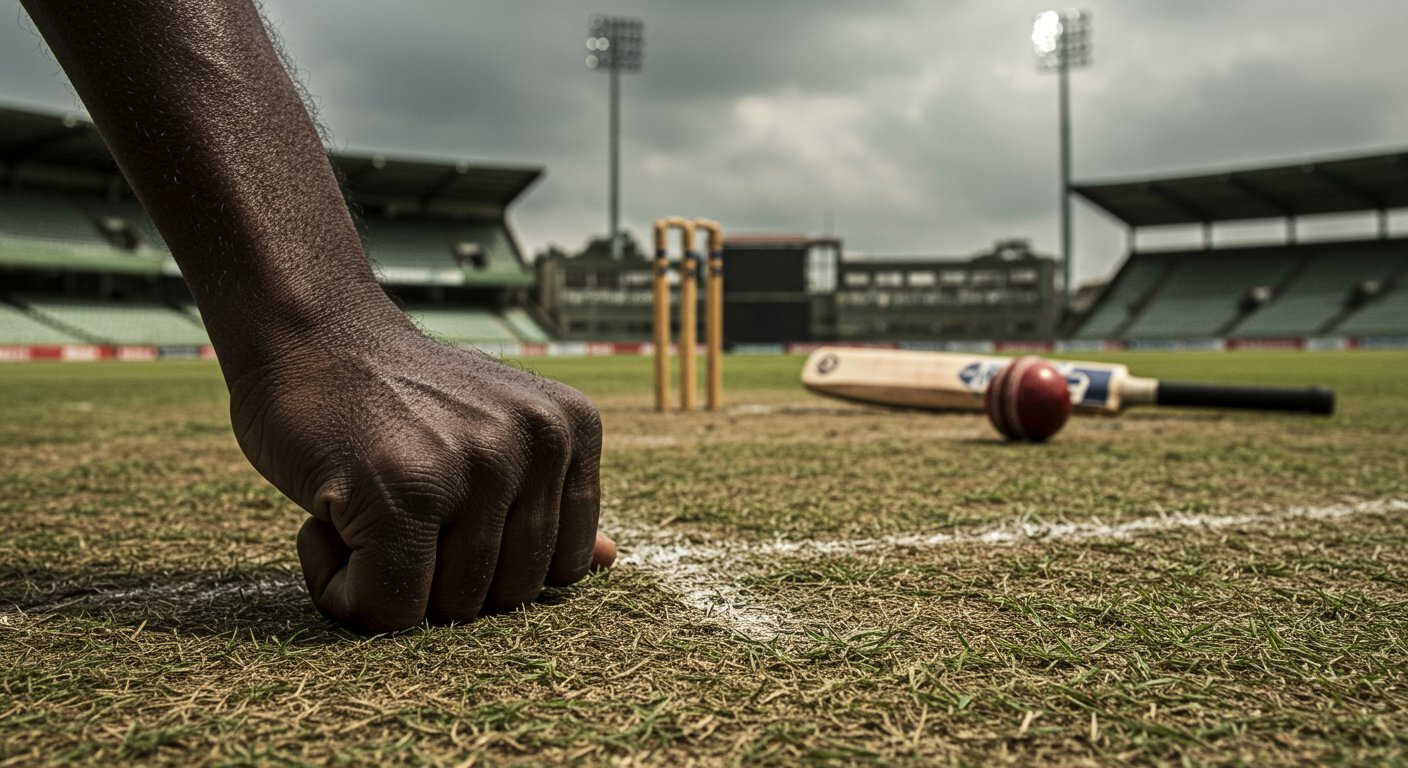The Rajasthan government has launched a major crackdown on widespread fraud within its vital public health schemes, immediately filing First insights Reports (FIRs) and suspending numerous officials and private hospital staff. This urgent action comes after extensive investigations and audits revealed shocking cases of fake claims, duplicate billing. misuse of funds intended for essential medical aid across the state. The decisive move targets those who have siphoned off crores of rupees, undermining healthcare access for common people and demanding accountability for these serious violations.
Rajasthan Government Takes Strong Action Against Health Scheme Fraud
Government Acts Against Irregularities
The Rajasthan government has started a major action against wrongdoings and fraud in its health schemes, particularly the Rajasthan Government Health Scheme (RGHS). This move comes after many complaints about cheating were received over a long time. The government has filed police reports, known as FIRs, against hospitals and pharmacies. It has also suspended a number of government workers and medical staff. This strong action shows the government’s resolve to make sure public health services work correctly and honestly for everyone.
Understanding the Health Schemes
Rajasthan runs essential health schemes like the Rajasthan Government Health Scheme (RGHS) and the Mukhyamantri Chiranjeevi Swasthya Bima Yojana. The RGHS aims to give cashless health services to about 1. 2 million state government workers and their families, covering nearly 3. 5 million people in total. This scheme fully uses money from the state. The Mukhyamantri Chiranjeevi Swasthya Bima Yojana is another big plan that covers a large part of the state’s population with health insurance, increasing the insurance amount to 2. 5 million rupees in the 2023-24 budget. These schemes are meant to help common people get good medical care without worrying about high costs.
How Fraud Was Done
Investigations by the government have found different ways in which cheating was happening under these health schemes. One common method was making fake medical bills and using false prescriptions. Hospitals and medical shops worked together to create these fake claims. For example, some doctors gave expensive medicines to patients who did not need them, or prescribed them for illnesses the patients did not have. There were cases where the same patient’s name was used many times to make fake claims. Some government workers also misused the scheme by getting treatment for relatives or friends using their own names or their children’s names. Specific examples include fake treatments at allopathy hospitals, giving Panchkarma therapy many times to the same patient. getting money with fake bills at medicine shops. Some doctors even prescribed medicines without proper check-ups. others wrote unnecessary or fake prescriptions.
Government’s Strong Measures
To fight this fraud, the state government has taken several direct steps. FIRs have been filed against at least one hospital and three pharmacy stores. More than two dozen hospitals have been removed from the RGHS scheme. A total of 12 employees, including two doctors, have been suspended from various departments like commercial tax, education, ayurveda, water resources, police. health, for different wrongdoings in the scheme. The government has also sent letters to five departments, asking them to take action against 473 employees who are believed to have misused the schemes. These employees are accused of taking things other than medicines from pharmacies, using unnecessary Ayurvedic treatments like Panchakarma and Shirodhara. working with medical stores to create fake prescriptions. An audit by the Finance Department and the Rajasthan Social and Performance Audit Authority helped uncover this fraud. This audit found that inflated claims, totaling billions of rupees over four years, were made.
Effect on Hospitals and Staff
The crackdown has led to significant consequences for hospitals and medical staff found involved in fraud. Hospitals found guilty face being removed from the scheme. legal action will be taken against them. For instance, Guru Kripa Hospital in Sikar and three pharmacy stores in Churu, Sikar. Nagaur have had FIRs filed against them. Over 275 medical store licenses have been canceled. these stores have been removed from the RGHS scheme. The Finance Department has also started recovering money from the doctors and medical store operators who were involved. This shows a serious effort to punish those who cheated the system.
Steps to Stop Future Fraud
The Rajasthan government is putting in place new systems to stop such cheating in the future. A key step is using technology, including artificial intelligence (AI), to find suspicious claims. An AI-based audit has already found over 20,000 questionable transactions. Other measures include:
- Checking the name of the patient, the doctor’s signature. the RMC (Rajasthan Medical Council) number on outdoor slips to prevent fake medicine distribution.
- Introducing biometric verification for patients to make sure the right person is getting treatment.
- Bringing in e-prescription and e-billing systems for better tracking.
- Starting real-time monitoring of scheme activities.
- Conducting regular audits and surprise inspections of hospitals and pharmacies.
- Forming an Anti-Fraud Unit with experts in IT, claim audits, medical audits. surveillance.
- Setting up a Grievance Redressal Cell for quick handling of complaints, including a central system at the state level and complaint units at the district level.
- Closely watching suspicious doctors, pharmacies. hospitals. If fake prescriptions or bills are found, the patient’s membership in the scheme may be stopped or canceled.
These new measures are designed to make the health schemes more secure, transparent. less open to fraud, ensuring that the benefits reach the people who truly need them.
Statements from Officials
Officials have clearly stated their commitment to fixing these issues. Gayatri Rathore, the Principal Secretary of the Medical and Health Department, said that complaints about irregularities in the RGHS had been coming for a long time. These complaints were fully checked. the Finance Department also did an audit. Harji Lal Atal, CEO of the Rajasthan State Health Assurance Agency, confirmed that letters have been sent to various departments for action against their employees. Health Minister Gajendra Singh Khimsar has also stressed the need for strong action against anyone involved in wrongdoings and fraud, highlighting the importance of openness and financial strength in how the scheme is run. Secretary (Expenditure) Naveen Jain has led efforts to reform the RGHS, using AI-based tools for detailed internal financial audits. These audits have uncovered wide-ranging misuse and false claims. ![]()








